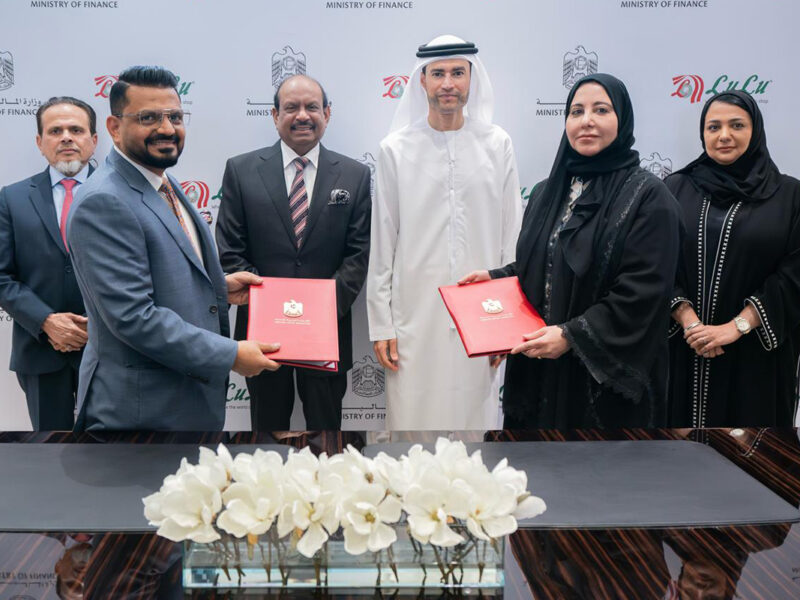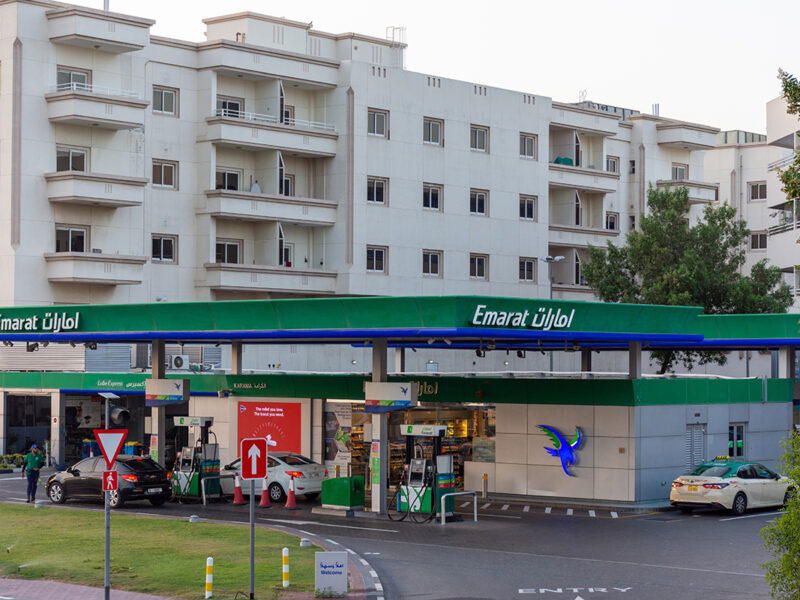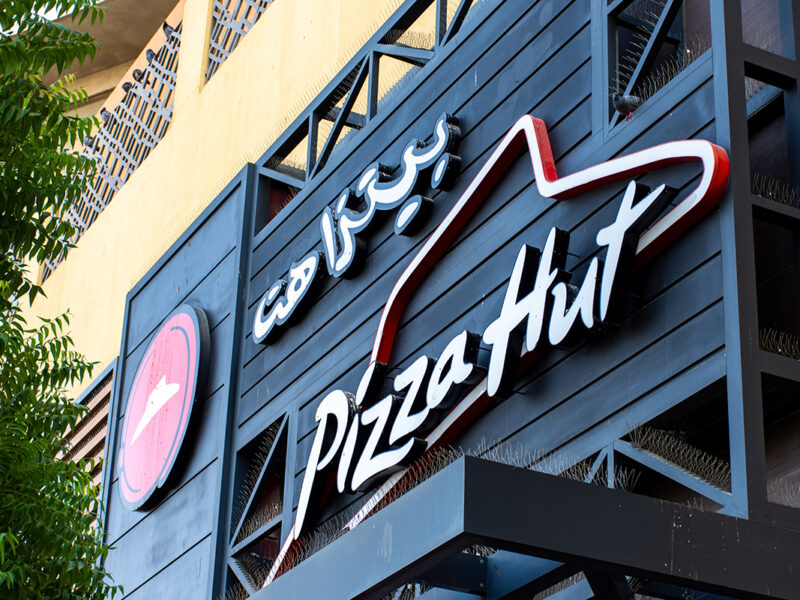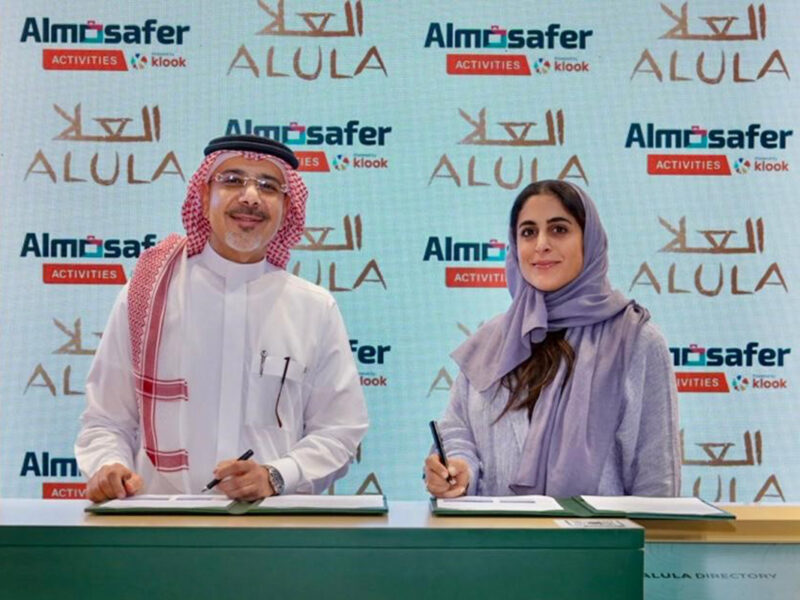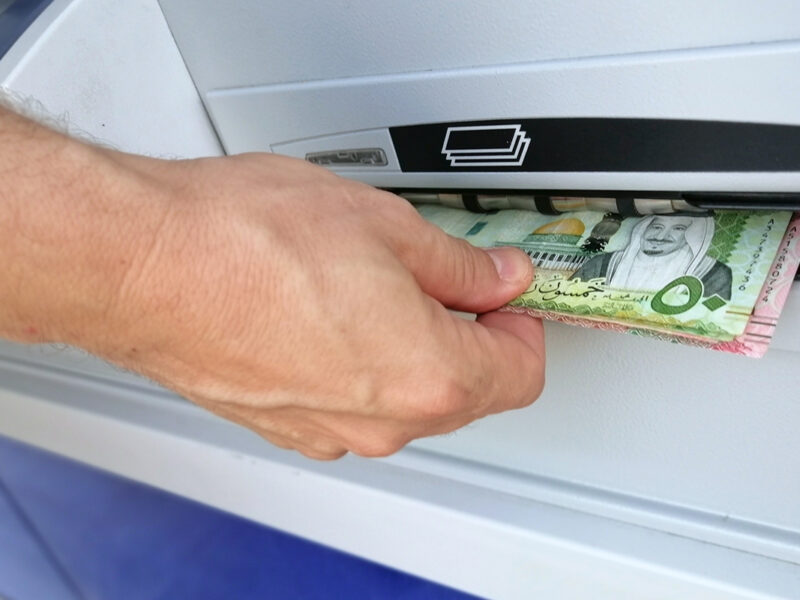While still in its early stages compared to other regions around the world, the region’s e-commerce market is finally beginning to boom – and as a result competition within it is heating up. Last week’s announcement that Noon, the online retailer launched by Emaar founder Mohamed Alabbar, had signed an agreement to buy products from the US and other parts of the globe, helps the argument that the UAE consumer is finally getting an online marketplace to rival its established brick and mortar landscape.
As part of this new partnership, Noon – which is backed by Saudi Arabia’s Public Investment Fund and a group of prominent Gulf investors – will, from the beginning of H2 2018, fulfil eBay orders and deliver the products directly to the doors of customers throughout the UAE and Saudi Arabia. Products purchased through Noon and shipped from overseas can also be easily returned to Noon with a full refund option, based on terms and conditions.
“We are offering our customers access to products that are not otherwise readily available in the region,” Alabbar said. “E-commerce continuously evolves, and this partnership guarantees Noon stays on top of the trends and consumer preferences.”
A boom time for e-commerce
The announcement of the Noon-eBay partnership comes at a time in which competition in the e-commerce landscape is heating up, coming on the heels of the $800m deal between Souq and Amazon, as well as Emaar Malls Group’s 51 percent acquisition of fashion retailer Namshi for $151m – and that’s just in the UAE.
According to a recent study commissioned by Gulf Pinnacle Logistics (GPL) earlier in 2018, the country’s e-commerce market is expected to grow at a rate of 7.2 percent per annum to reach $23.7bn by 2022. Additionally, the all-important last-mile delivery market is expected to almost double in size to $3.4bn by 2022.

But, as GPL chairman Shailesh Dash notes, the regional e-commerce market still leaves much to be desired. “GCC consumers are still looking for higher delivery performance, especially on the time and cost fronts, with late or long delivery time before the most common complaint,” he says.
Delivery is just one area in which the region’s e-commerce players must satisfy their customer base. Another expert, Sameer Bagul, Cleartrip’s executive vice president and Middle East managing director, adds that customers – particularly the relatively well-off and consumption-driven ones – value e-commerce outlets that offer a “bottomless” search for products, while others make purchase decisions based on what e-commerce site has the easiest payment solutions. Price comparisons, of course, remain a key factor.
Having more e-commerce players available, however, will encourage all involved to improve their offerings across the board, as none will want to be left behind. This stands in stark contrast to several years ago, when an almost complete dearth of options made the entire process – from product selection to delivery – painfully slow and often complicated.
It now seems as though the region’s e-commerce players have come to the same conclusion and are locked in a race-to-the-finish battle as they try to woo the always-on customer. In this context, Noon’s partnership with eBay can be seen an attempt to keep pace with Souq and Amazon’s Global Store, in that both give customers here access to products being sold on the various platforms in the United States and elsewhere. The upside is clear.
A government nudge
While competition is a vital aspect that will help the UAE’s and the wider GCC’s e-commerce market reach its full potential, it isn’t the only thing. In the UAE, e-commerce – and, ultimately, the customer – will benefit from a government that is actively working to help the various players in the e-commerce realm.
Last year, for example, the Dubai government announced the launch of Dubai CommerCity, the first free zone dedicated to e-commerce in the Middle East and North Africa region, which will eventually span a total area of 427,000 sqm divided into various clusters.
GCC consumers are still looking for higher delivery performance, with late or long delivery time before the most common complaint”
“Dubai CommerCity will enhance the role of e-commerce as a key driver of Dubai’s sustainable economy,” said Dr Mohammed Al Zarooni, the director general of the Dubai Airport Free Zone Authority (DAFZA). “We aim to play an organisational, operational and knowledge-based role that will contribute to the building of a new world-class free zone and the creation of a unified platform for government, administrative, customs and logistics services that meet the needs of the e-commerce sector.”
Already, the decision to establish the e-commerce focused free zone seems to be attracting considerable interest – the area has seen a 120 percent surge in those looking to do business there, according to recent research from Propertyfinder Group.
Opportunities remain
Despite the vast changes seen in the region’s e-commerce industry, the fact remains that it is still comparatively small, with a March 2018 report from Research and Markets finding that “online retail makes up only a single-digit percentage of total retail sales even in the UAE, the current online sales leader of the [GCC].” The partnership between Noon and eBay, though, forms part of a larger momentum in which e-commerce customers are increasingly numerous, and increasingly discerning.
As companies such as Amazon and eBay continue to make themselves more accessible in the region through local partnerships, competition will certainly increase as rivals compete for investment and international players actively search for newly emerging local e-commerce players. As such, it is the customer who will ultimately be the one to benefit as the region’s e-commerce sector continues to develop.

